Through Robert Fico's election victory, Hungary may gain a pragmatic ally with a worldview on crucial European issues very similar to that of the Hungarian government,
– Samuel Mraz Agoston explained, when contacted by our newspaper. The director of the Nezopont Institute cited as an example that - in agreement with Hungary - Mr Fico's Smer-SD party rejects the prolongation of the Ukraine war and any additional weapon deliveries. It also rejects the liberals' permissive stance on illegal migration, does not want any gender ideology and is in favor of families.
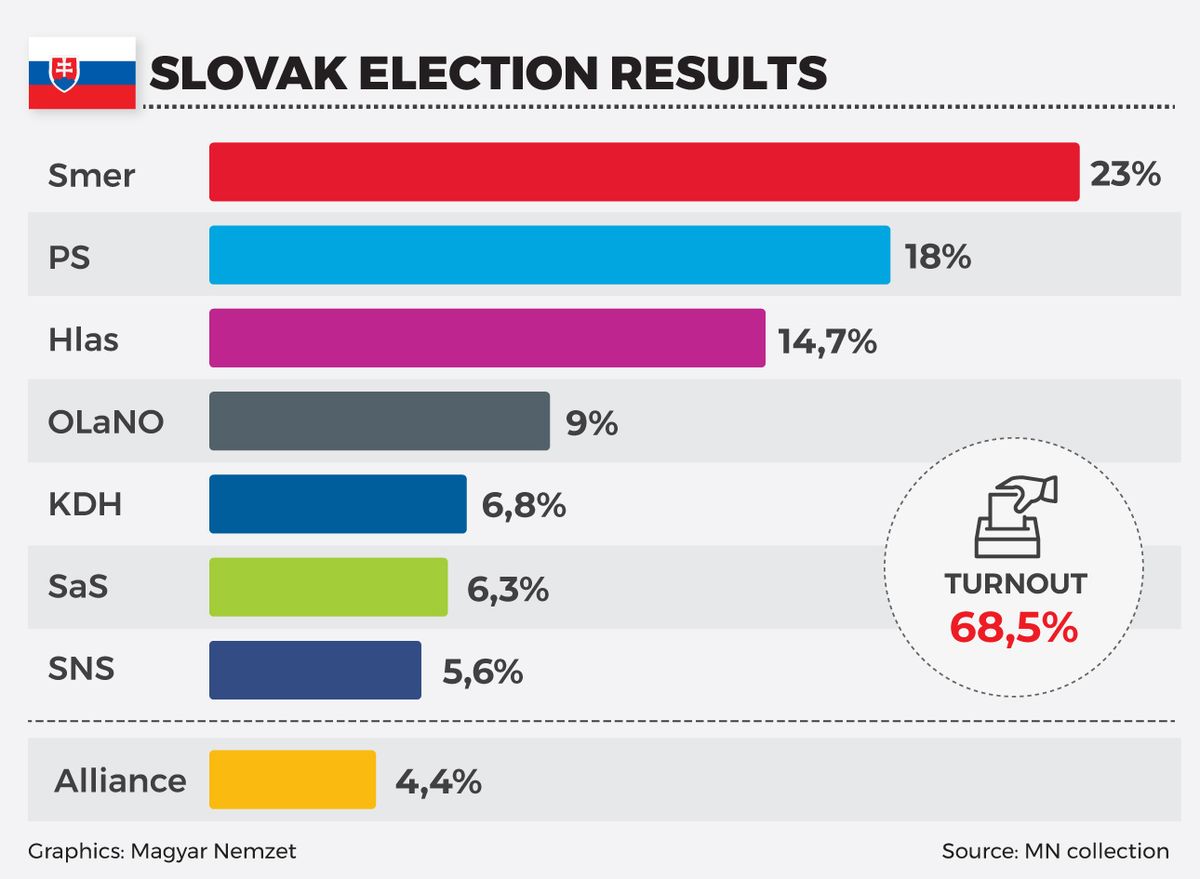
Robert Fico's party garnered 23% of the vote to secure victory in Slovakia's snap election with a defeat over the liberal Progressive Slovakia (PS) coalition.
The political forces backed by George Soros suffered a major blow,
− the expert said. He added, however, that the winner will have to wait with the celebrations, because the formation of a government and coalition negotiations are still to be concluded. - The liberal, federalist forces will use all possible means to get into government against the will of the electorate," Samuel Mraz Agoston underlined.
Globalist interference
There was a degree of interference even during the election campaign, with the Czech President and former Dutch PM Mark Rutte running an open campaign to promote one of Slovakia's liberal, progressive parties, to mention one example.
This is now commonplace in Central Europe,
– the analyst said, referring to Hungary's general elections held in April 2022, when the Action for Democracy group - headquartered in the US - demonstrably provided huge sums of money for the opposition to help it overthrow the Orban government. There are similar activities in Slovakia and Poland, too, trying to interfere in the elections with media influence and various EU measures. – We must be prepared that all upcoming elections will be like this," the expert warned.
This is particularly important, because Slovakia will be followed by another Visegrad country, Poland, which will hold crucial elections on October 15.
In Poland, too, it is a battle between federalist liberals and sovereignist conservatives,
– Samuel Agoston Mraz explained. If Poland's ruling party won, it would mean a huge victory for Central Europe, given that Poland is the leading state of the region, he added.
If, however, the opposition led by Donald Tusk was to come out on top, the region's dismemberment will commence, along globalist interests.
Resurgent alliance
Robert Fico's victory could strengthen Central Europe and the cooperation between the four Visegrad countries, the expert said. For many months after the outbreak of the war, Hungary was alone with its pro-peace stance, which led to a weakening of the partnership. Recently, however, Poland appears to be taking a more pragmatic approach to the war, thanks in part to renewed cooperation over the ban on Ukrainian grain imports. This may be reinforced by Mr Fico's victory, who repeatedly underlined during his campaign that, if elected, he would stop all weapon deliveries to Ukraine, just as Poland has done so in recent weeks.
So, in terms of the Visegrad Four grouping, the oddball is no longer Hungary, but the Czech Republic,
− the expert added.


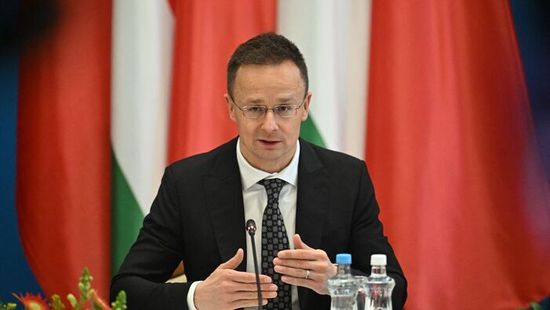
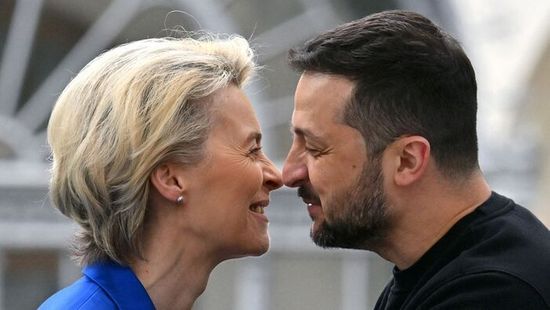
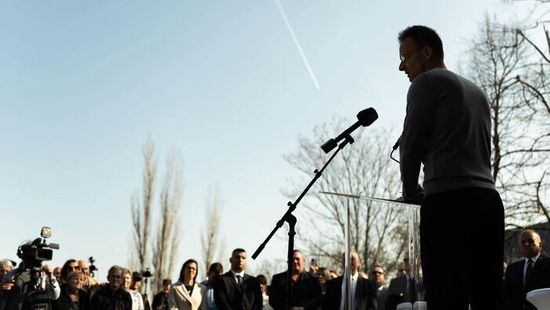


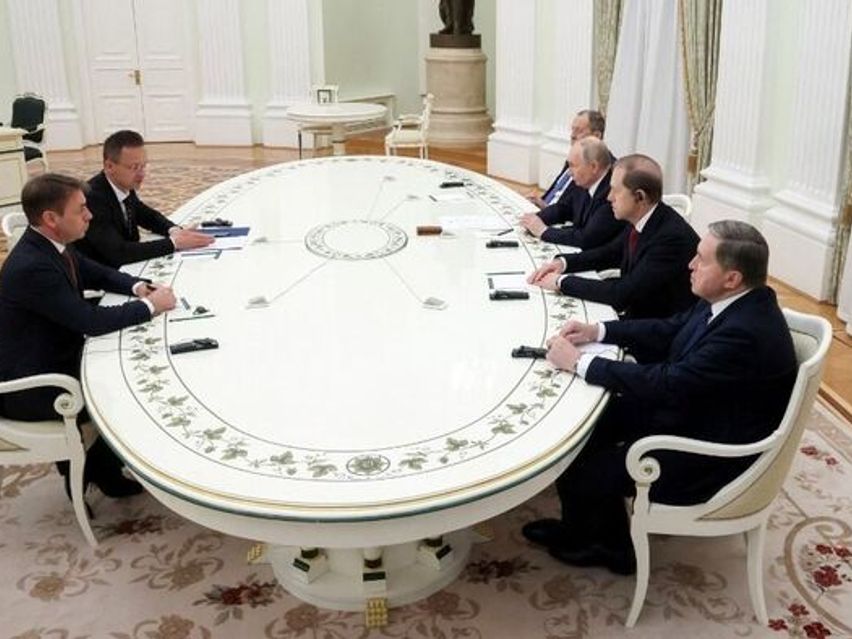

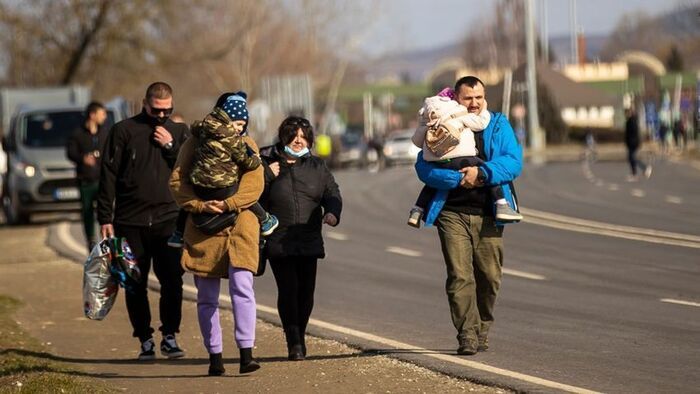





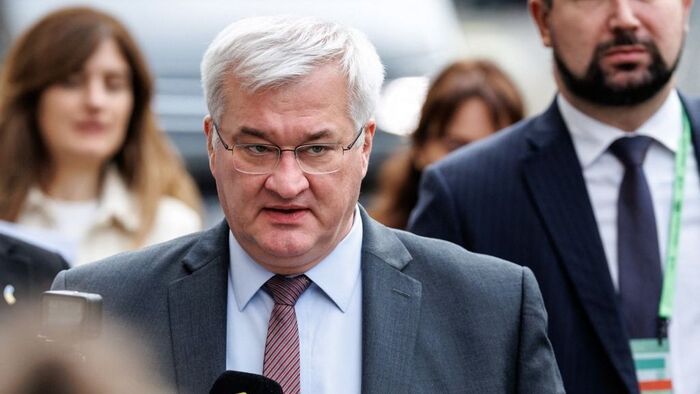
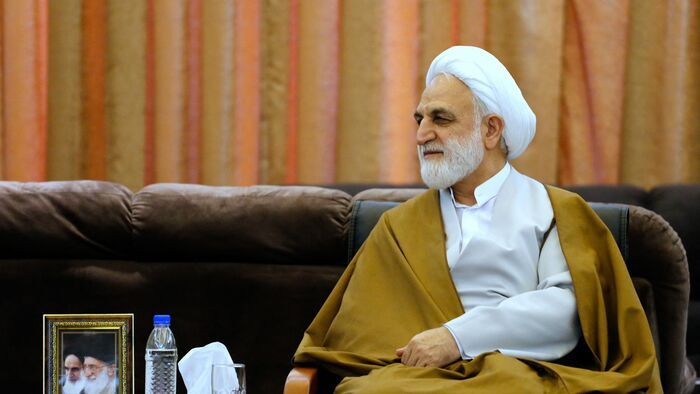
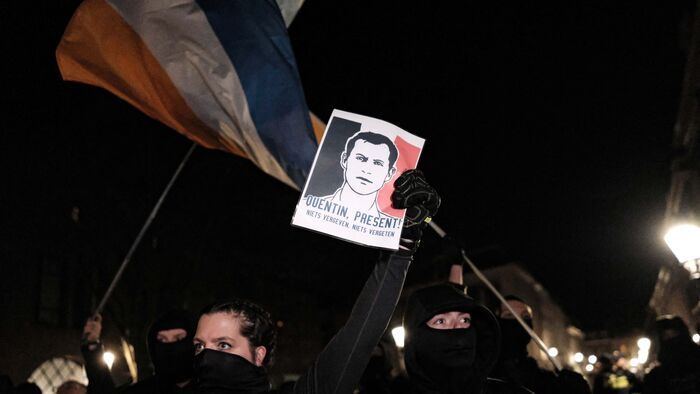





Szóljon hozzá!
Jelenleg csak a hozzászólások egy kis részét látja. Hozzászóláshoz és a további kommentek megtekintéséhez lépjen be, vagy regisztráljon!